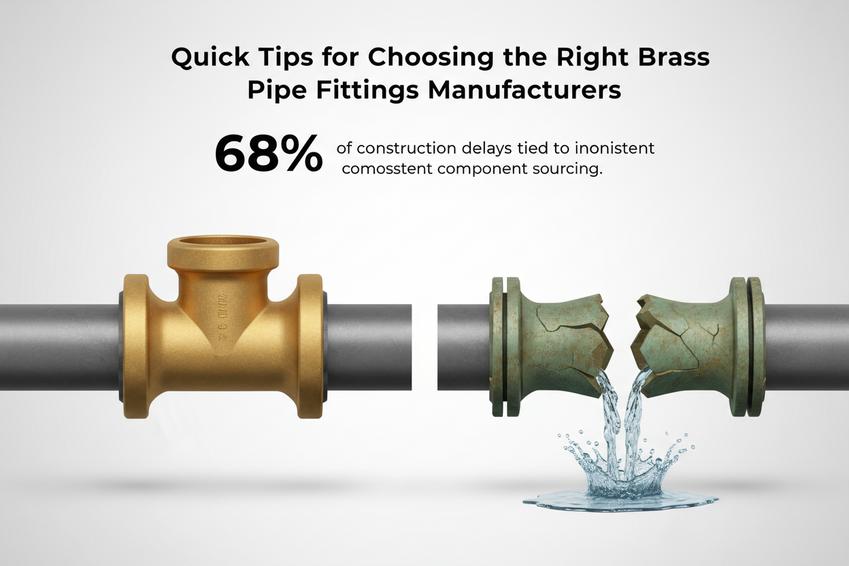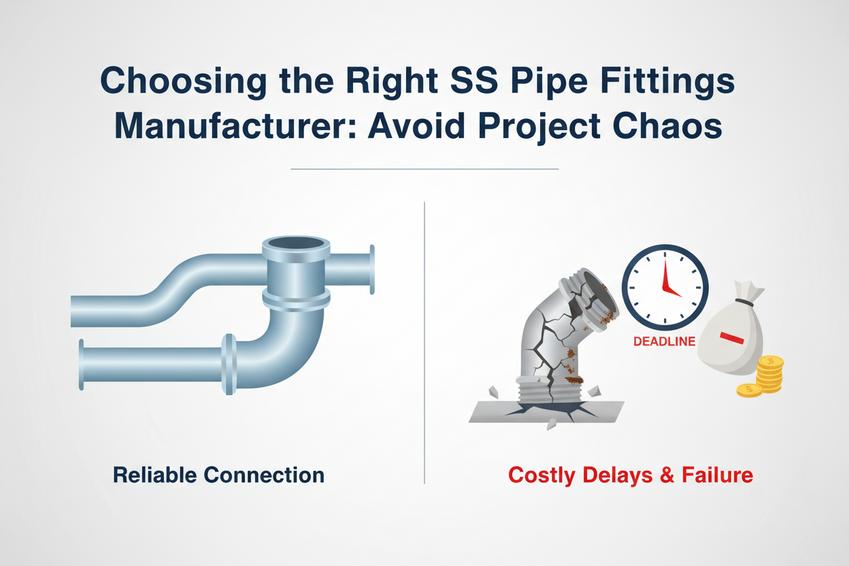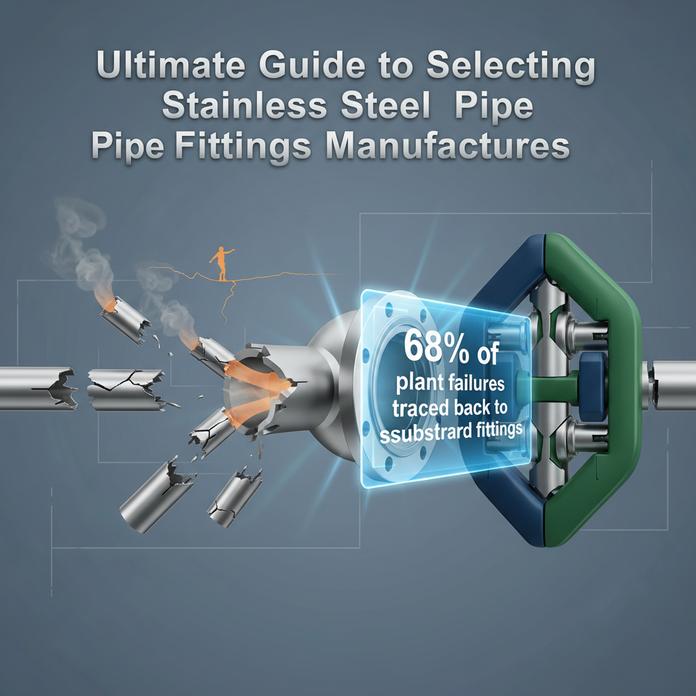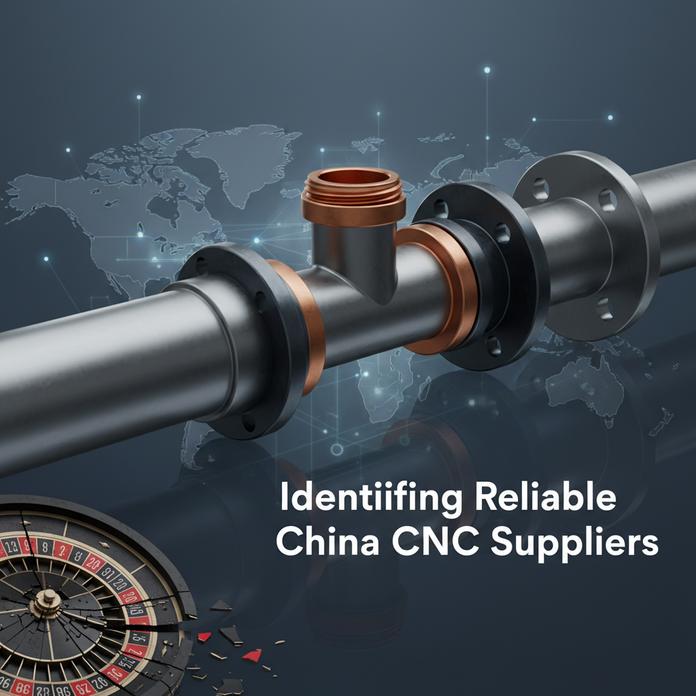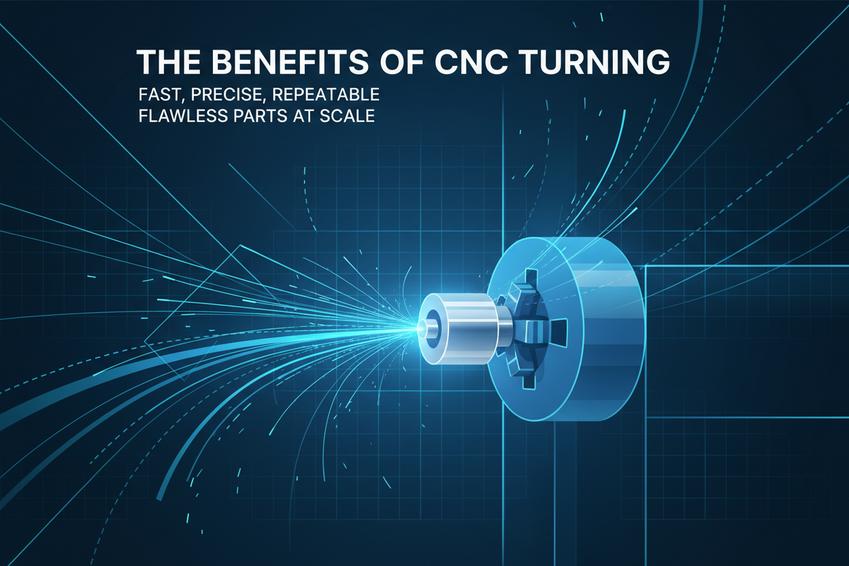1. Definition of Pipe Fittings
Pipe fittings (also termed pipe joints) are hardware components designed to connect pipes, tubing, or other pipeline system components. Typically manufactured from metals (e.g., stainless steel, copper) or plastics (e.g., PVC, PE), their primary functions include ensuring fluid/gas integrity, preventing leaks, and enabling adaptable configurations for diverse industrial and residential applications.
2. Key Types of Pipe Fittings
Pipe fittings are categorized based on connection methods and use cases:
- Threaded Joints: Utilize internal/external threads for secure, reusable connections, ideal for water/gas systems.
- Welded Joints: Permanent, high-strength connections via welding, suitable for high-pressure or corrosive environments.
- Crimped/Coupling Fittings: Enable quick installation/removal, critical in industries requiring frequent maintenance (e.g., food processing).
- Flanged Joints: Provide robust sealing under extreme conditions, often used in heavy machinery.
3. Material Selection & CNC Turning Parts
Material choice directly impacts performance:
- Stainless Steel: Durable, corrosion-resistant, and widely used in chemical/petrochemical industries.
- Copper: Excellent thermal conductivity and antimicrobial properties, common in HVAC systems.
- PVC/PE: Lightweight, cost-effective, and corrosion-resistant, preferred for plumbing and drainage.
- CNC Turning Parts: Precision-machined components (via CNC turning) ensure tight tolerances and enhanced durability, critical for high-pressure applications.
4. Differentiation from Fasteners
While both serve connection purposes, pipe fittings and fasteners differ in function:
- Pipe Fittings: Focus on fluid sealing and pressure resistance.
- Fasteners (e.g., bolts, nuts): Prioritize mechanical strength and structural fixation.
- CNC Turning Parts often form the base of both, ensuring precision in manufacturing.
5. Applications Across Industries
- Manufacturing: Connects hydraulic systems and machinery in automotive/industrial settings.
- Construction: Supports plumbing, HVAC, and earthquake-resistant infrastructure.
- Chemical Industry: Handles corrosive fluids via high-strength materials and CNC-machined joints.
6. Market Trends & Innovations
- Smart Pipe Fittings: Integrate sensors for real-time monitoring of flow/pressure.
- Sustainable Materials: Bio-degradable plastics and recycled metals align with eco-friendly demands.
- CNC Technology: Enhances production efficiency and customization in high-demand sectors.
7. Installation & Maintenance
- Installation: Follow torque specifications and ensure clean, dry surfaces.
- Maintenance: Regular inspections for corrosion/seal integrity; replace worn components promptly.

